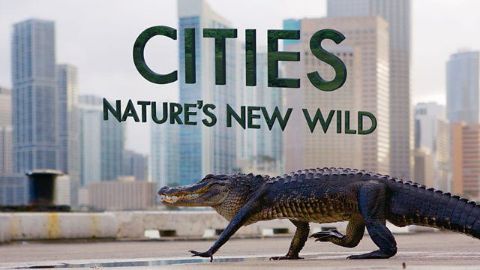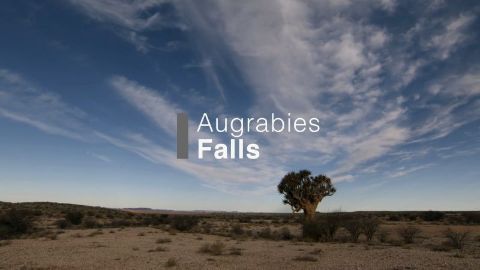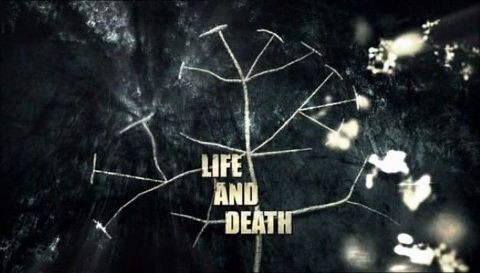Dung Dynasty • 2018
During the rainy season in Africa, a herd of buffalo can create thousands of pounds of waste in a day, which would be an environmental disaster if not for the dung beetle. These extraordinary insects depend on waste to survive. They eat it, attract mates with it, and raise families in it. Although dung beetles are critical to the ecosystem, they don't have it easy. Every day, they must avoid being trampled, evade predators like bullfrogs, honey badgers, and rock monitor lizards, and rival dung beetle families desperate for the same fecal prize.
Make a donation
Buy a brother a hot coffee? Or a cold beer?
Hope you're finding these documentaries fascinating and eye-opening. It's just me, working hard behind the scenes to bring you this enriching content.
Running and maintaining a website like this takes time and resources. That's why I'm reaching out to you. If you appreciate what I do and would like to support my efforts, would you consider "buying me a coffee"?
Donation addresses
BTC: bc1q8ldskxh4x9qnddhcrgcun8rtvddeldm2a07r2v
ETH: 0x5CCAAA1afc5c5D814129d99277dDb5A979672116
With your donation through , you can show your appreciation and help me keep this project going. Every contribution, no matter how small, makes a significant impact. It goes directly towards covering server costs.





